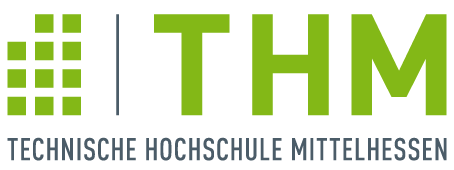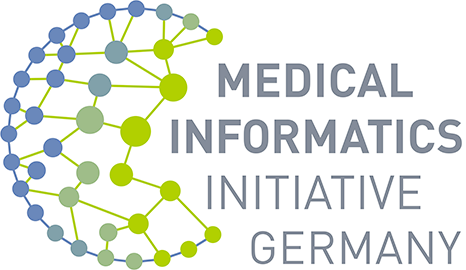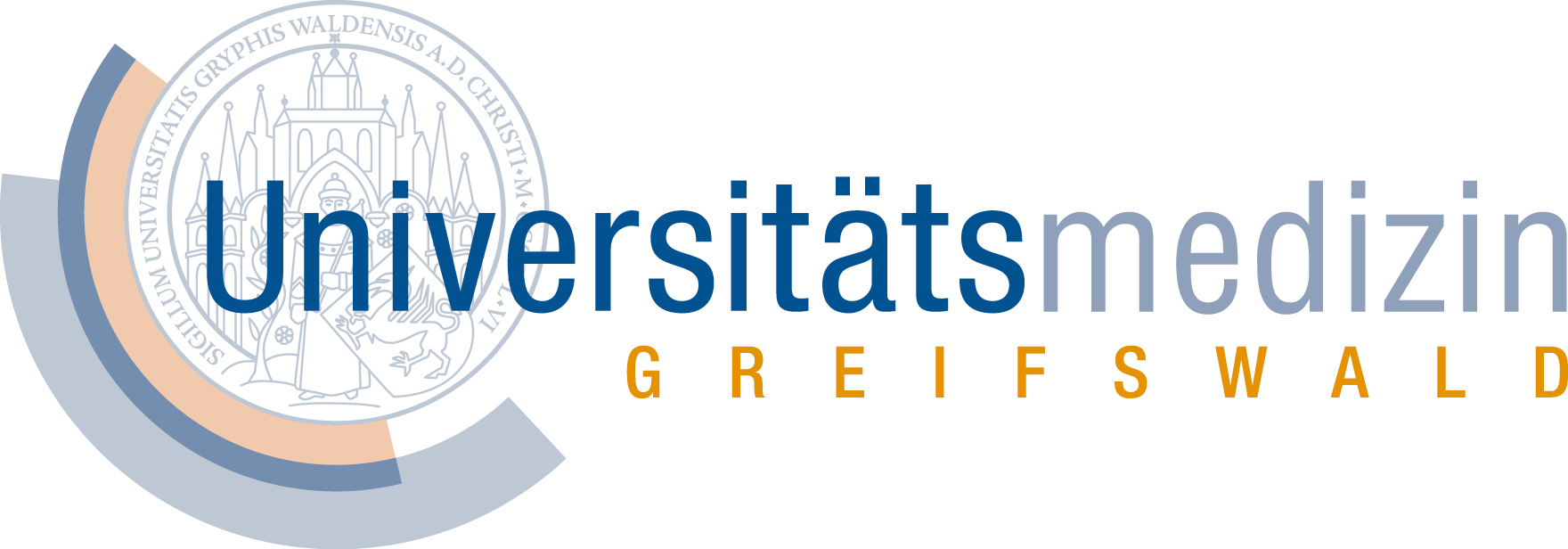MIRACUM unites ten university hospitals, two universities, and a partner from the healthcare industry, from seven German states. Its goal is to make clinical, image and molecular/genomic data available for use in innovative research projects – both within and across multiple institutions, via modular, scalable and federated data integration centres (DICs). These DICs provide an opportunity to conduct feasibility and observation studies, and evaluate real-world pathways on a large scale. MIRACUM will also support the recruitment of patients for clinical studies, the development of predictive models, and precision medicine. In an effort to strengthen biomedical informatics and medical data science, ten new professorships have already been advertised at the MIRACUM sites, with additional positions to follow. It will also set up a joint, multi-site master’s programme on biomedical informatics and medical data science.
MIRACUM is funded by BMBF during the development and networking phase since January 2018.
Die MII baut seit 2018 Dateninfrastrukturen an den Universitätskliniken auf. Anhand vielfältiger Anwendungsfälle – von der Intensiv- bis zur Krebsmedizin – demonstrierten die MII-Partner bereits den Mehrwert ihrer IT-Lösungen in der Praxis. Im Fokus der Ausbau- und Erweiterungsphase (2023-2026) steht eine erweiterte Zusammenarbeit zwischen den Universitätskliniken und deren Kooperation mit neuen Partnern, insbesondere auch aus der regionalen Versorgung.

Data integration centres
The establishment of data integration centres and their federated use is based on MIRACOLIX: an ecosystem of modular and reusable open-source tools. Over the coming years, these tools will be designed, developed and modified step-by-step in line with MIRACUM requirements. They will then be integrated into the infrastructure of the consortium’s eight data integration centres.
Data flows, beginning with routine systems in healthcare, are established in strict accordance with recommendations from TMF’s generic data protection concept, and with patient consent. They populate research repositories with data types that lend themselves to a variety of analysis methods.
The use and analysis of data across multiple sites is based on federated and decentralised data storage – as well as the philosophy of “bringing the analysis to the data”.
Use Cases
IT support for patient recruitment: Many clinical studies fall at the first hurdle because they lack enough participants. To improve the recruitment process using IT and available routine data, MIRACUM will integrate corresponding platforms into the healthcare information system (HIS) infrastructure at each of its university hospitals. Regular evaluation and feedback loops help increase the quality and completeness of the corresponding data.
From data to knowledge – clinico-molecular predictive knowledge tool: MIRACUM data integration centres enable the identification and stratification of patient cohorts based on clinical parameters, biomarkers and molecular/genomic data – with the goal of developing predictive models. Smart, FHIR-based apps integrated into healthcare information system (HIS) environments help put these models into practice, and support doctors with diagnostics and treatment decision-making. The initial focus will be on lung diseases and brain tumours.
From knowledge to action – support for molecular tumour boards: In the context of tumours, precision medicine is already very advanced. Many tumours can now be identified by driver mutations, and therefore treated in a targeted way. Moreover, clinical information, images, and molecular/genetic test results are compiled and shared via molecular tumour board meetings to aid interdisciplinary decision-making. MIRACUM will develop innovative IT solutions to improve quality assurance, data processing, data integration and information research that is required between high-throughput genetic analyses and treatment decisions. Additionally, hospitals will benefit from efficient data-visualisation tools that help them choose the right therapies.
Data use and access concept
During the conceptual phase, representatives of the MIRACUM consortium played an active role in the working groups established by the Medical Informatics Initiative’s National Steering Committee (NSG). The aim is to ensure all forms of data use are based closely on centrally defined recommendations and interoperability standards. Bearing this in mind, MIRACUM has established eight data-use and -approval committees, and related policies. The first clinical questions and use requests (including cross-consortia analysis within the scope of the NSG's demonstrator study) have already been evaluated and approved. This has enabled corresponding federated analyses to be conducted. MIRACUM has already published its first papers using these results.
Measures to strengthen medical informatics in Germany
- Establishment of a multi-site master’s programme in biomedical informatics and medical data science designed for individuals already employed in related fields; part time as a non-consecutive master’s programme. The degree qualifies graduates for scientific research and leadership roles in the healthcare sector
- Joint PhD programme in biomedical informatics and medical data science; for professionals in medicine, biomedical informatics, natural sciences, and biomedical technology
- Training programme/online exercises in medical data science for doctors and medical researchers
- Special summer schools for MIRACUM members, and for interested members of other consortia
- Training programme for MIRACUM members, including regular webinars, online exercises and the opportunity to be an observer at other MIRACUM sites
- Annual symposium












The MIRACUM consortium created detailed concepts for the establishment of data integration centres, for cross-institutional data use, for the development of modules to support use cases, for the evaluation of use cases, and for strengthening medical informatics in research and education.
For long-term success of the project as a whole, ongoing support for young professionals is vital. Consequently, MIRACUM developed a training/skills development programme for medical informatics, with a focus on data science in medicine. The goal was the creation of a comprehensive project plan that takes into account the current situation at each of the eight sites, and the latest international developments.
To gain visibility into the global state of the art, MIRACUM members travelled the USA on a fact-finding trip, and visited facilities with proven excellence in data sharing/integration.
The consortium performed tasks in three working groups: data integration centres, use cases, and strengthening medical informatics. The corresponding work was finalised at a steering board workshop at the end of the conceptual phase.













